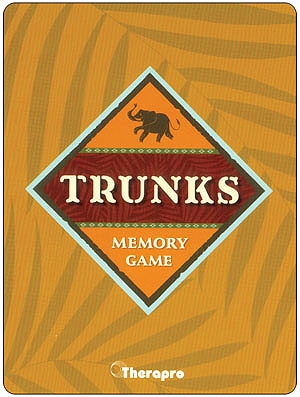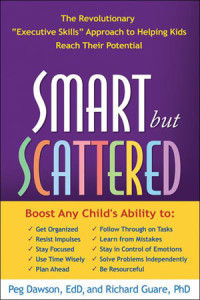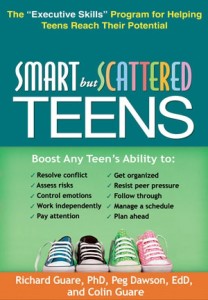Diane Long, Ed.D, MOTR/L, presented our latest Therapro Saturday Seminar, Working Memory: An Overview and Implications, on November 8, 2014. In addition to her role as Chair of Occupational Therapy and associate professor at Ithaca College, she developed the Therapro publication, TRUNKS®: The Game of Motor-Memory.
Diane met her objectives for the seminar by:
- Reviewing a number of theories about the developmental aspects of working memory;
- Discussing how working memory contributes to learning, socializing, and task completion; and
- Identifying strategies for improving working memory.
 Her engaging presentation style made reviewing neuro function interesting and applicable. She pointed out that with working memory we form a “mental snapshot” of a task in the prefontal cortex. She noted that working memory is a slowly developing system that does not mature until we are in our 20’s. Its job is to assist in keeping information organized without having to rely on external cues. An important key for us to remember when a child is working on a memory task is to minimize distractions for them, including not talking to them as they work.
Her engaging presentation style made reviewing neuro function interesting and applicable. She pointed out that with working memory we form a “mental snapshot” of a task in the prefontal cortex. She noted that working memory is a slowly developing system that does not mature until we are in our 20’s. Its job is to assist in keeping information organized without having to rely on external cues. An important key for us to remember when a child is working on a memory task is to minimize distractions for them, including not talking to them as they work.
Some researchers have found that using games can increase attention and motivation, which can improve visual memory. Diane has proposed that non-computer games (like TRUNKS) will improve working memory skills. She concluded her seminar by actually playing TRUNKS with the audience…”Elephants always remember.”
Seminar attendees had many positive comments about this seminar:
“Material was presented in a fun and interactive way with extreme relevance to therapeutic practice with children.” Molly F.
“Terrific and clear overview of working memory and the impact on learning. The working memory activities helped to apply the concepts.” Denise L.
“Informative but also interspersed with activities to keep up interest and also enhance theories.” Anonymous.
“Interesting topic, well presented, interactive and relevant to my job.” Neha S.
Thank you, Diane!
Filomena Connor, MS, OTR/L


